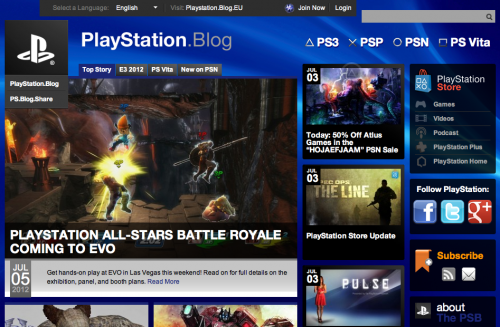WordPress is a free and open source blogging tool and a dynamic content management system (CMS) based on PHP and MySQL. It has many features including a plug-in architecture and a template system. WordPress started in 2003 with a single bit of code to enhance the typography of everyday writing. Since then it has grown to be the largest self-hosted blogging tool in the world, used on millions of sites and seen by tens of millions of people every day.
WordPress
Blog tool, publishing platform, CMS.

- Full standards compliance — We have gone to great lengths to make sure every bit of WordPress generated code is in full compliance with the standards of the W3C. This is important not only for interoperability with today’s browser but also for forward compatibility with the tools of the next generation. Your web site is a beautiful thing, and you should demand nothing less.
- No rebuilding — Changes you make to your templates or entries are reflected immediately on your site, with no need for regenerating static pages.
- WordPress Pages — Pages allow you to manage non-blog content easily, so for example you could have a static “About” page that you manage through WordPress.
- WordPress Themes — WordPress comes with a full theme system which makes designing everything from the simplest blog to the most complicated webzine a piece of cake, and you can even have multiple themes with totally different looks that you switch with a single click.
- Cross-blog communication tools— WordPress fully supports both the Trackback and Pingback standards, and we are committed to supporting future standards as they develop.
- Comments — Visitors to your site can leave comments on individual entries, and through Trackback or Pingback can comment on their own site. You can enable or disable comments on a per-post basis.
- Spam protection — Out of the box WordPress comes with very robust tools such as an integrated blacklist and open proxy checker to manage and eliminate comment spam on your blog, and there is also a rich array of plugins that can take this functionality a step further.
- Full user registration — WordPress has a built-in user registration system that (if you choose) can allow people to register and maintain profiles and leave authenticated comments on your blog. You can optionally close comments for non-registered users. There are also plugins that hide posts from lower level users.
WordPress is currently the most popular CMS in use on the Internet. It is used by over 14.7% of Alexa Internet’s “top 1 million” websites and as of August 2011 manages 22% of all new websites.
Three examples of sites using WordPress can be seen below.



